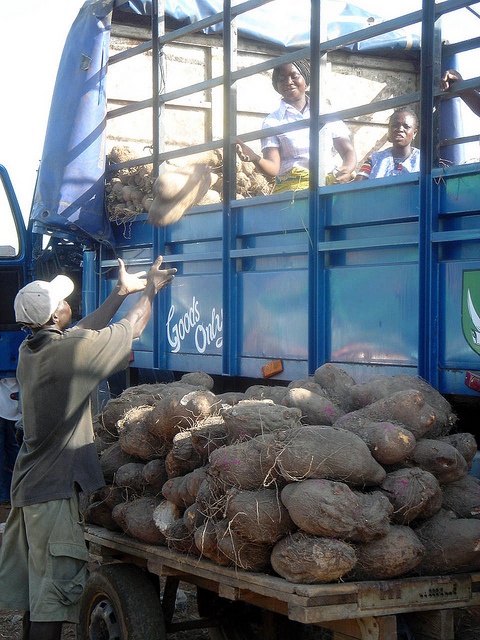MOTIVATION
The purpose of this line of research was to understand the role of agriculture in development, and how to achieve economic growth that benefits poor people in the most impoverished regions. To this end, and with support from the Federal Ministry for Economic Cooperation and Development (BMZ) and in partnership with the University of Hohenheim, IFPRI built regionalized economic models for Ghana and Viet Nam to evaluate the effectiveness of various development strategies. The work also involved training Ghanaian and Vietnamese collaborators on economy-wide modeling, and coordinating outreach and dissemination of results at the national and international levels.
RESULTS AND OUTCOMES
- This project’s work helped Ghana identify policy and investment priorities, which were communicated in its CAADP compact. Findings from this research were also used in the preparation of Ghana’s Medium- Term Agriculture Sector Investment Plan (METASIP).
- Project research also contributed to a significant advancement in economic-modeling techniques through the addition and integration of both a spatial dimension and detailed agricultural-production data. These innovative techniques and additions have enabled a far more targeted approach to agricultural policy and investment analysis.
- The Social Accounting Matrices and Multiplier Analysis training guide, developed through this work, has been among the top 100 downloads from IFPRI’s website for several years and is widely used by a global audience. Two training workshops were offered in Ghana for 42 participants from the Bank of Ghana, Ghana Statistical Services, the Institute of Statistical, Social, and Economic Research, the Ministry of Finance and Economic Planning, the National Planning Commission, and the University of Ghana.
For more information on IFPRI's partnerships with Germany, please go to this brochure.



